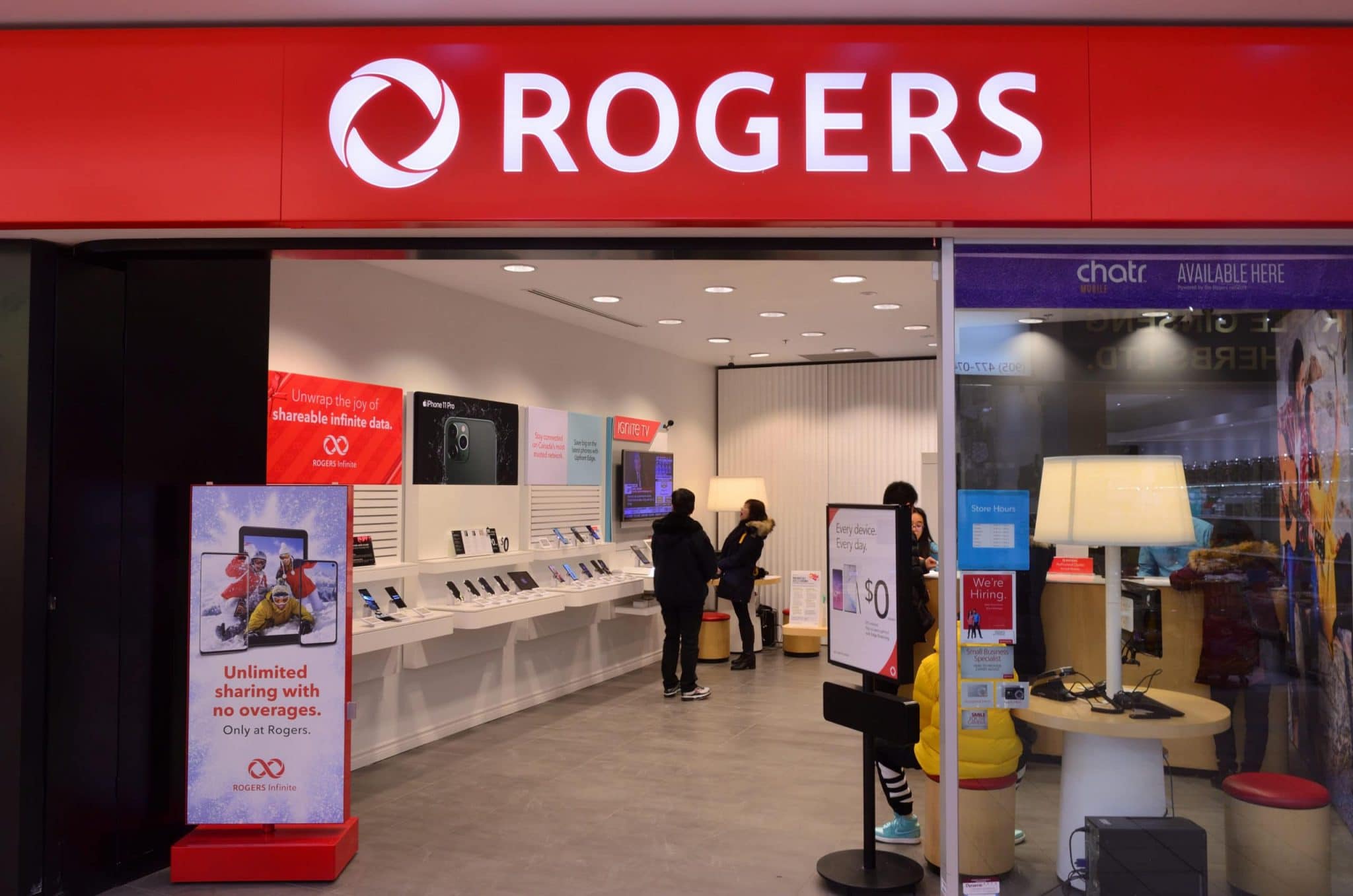
 Come hell or high water, Rogers Communications (Rogers Communications Stock Quote, Chart, News, Analysts, Financials TSX:RCI.B) says it will abide by regulators’ dictates as far as the merger with Shaw Communications (Shaw Communications Stock Quote, Chart, News, Analysts, Financials TSX:SJR.B) goes. And that puts Rogers in a risky spot, says portfolio manager Stephen Takacsy, who thinks there’s a lot to lose if regulators take a hard line on competition in the telecom space.
Come hell or high water, Rogers Communications (Rogers Communications Stock Quote, Chart, News, Analysts, Financials TSX:RCI.B) says it will abide by regulators’ dictates as far as the merger with Shaw Communications (Shaw Communications Stock Quote, Chart, News, Analysts, Financials TSX:SJR.B) goes. And that puts Rogers in a risky spot, says portfolio manager Stephen Takacsy, who thinks there’s a lot to lose if regulators take a hard line on competition in the telecom space.
The Ides of March seems not to have troubled either Rogers or Shaw when they made the announcement last month of their prospective merger, one which would see Rogers pay $40.50 in cash per share for Shaw, at the time representing a 69 per cent premium to Shaw’s share price at the time. Including debt, the deal would be worth $26 billion and would see the combined entity become a veritable powerhouse in the Canadian telecom market, especially in the wireless sector where a Rogers-Shaw entity would tower over rivals Telus and BCE in the country’s population centre of Ontario.
Shaw, with its TV, landline and broadband presence in Western Canada would be beneficial to Rogers’ attempts to scale up out West, while Shaw’s Freedom Mobile, which has in recent years been picking away at the market shares of its competitors in Ontario, represents one of the more interesting features of a deal.
But as revealed last week, both BCE and Rogers had been vying for Shaw, with BCE having balked at the idea that the deal be without conditions. Rogers, on the other hand, reportedly accepted the so-called hell or high water clause, meaning that if regulators required a sale of certain assets (Freedom Mobile, for example, but potentially also some of Rogers’ own business) Rogers would have to go through with the deal regardless of whether it thought such divestments were in the best interests of the company.
Get Cantech Top Analyst picks before anyone else does.
Cantech Alerts delivered straight to your inbox. Click here for this free service.
That’s a bridge too far, says Takacsy, CEO and chief investment officer at Lester Asset Management.
“There are surely going to be many, many conditions to get this deal approved, divestitures, etc. We saw BCE — of which we are shareholders — walk away and I think they were very smart to do so,” said Takacsy, speaking on BNN Bloomberg on Wednesday.
“There was too much regulatory risk, and you don’t want to be forced to divest of good parts of your business. I think Rogers is taking a tremendous chance by paying you the price with no conditions with this hell or high water clause,” he said.
“I would never sign something like that. If the regulators make you sell some of your crown jewels, why would you do that? I think there are better opportunities elsewhere. I’d be happy with the profit and plow it back into something else,” Takacsy said.
Last week, Rogers reported first quarter 2021 earnings which featured total revenue of $3.488 billion, up just two per cent from the first quarter 2020, and net income up three per cent to $361 million. Adjusted EPS was $0.77 per share, up from $0.71 per share a year earlier and better than the $0.66 per share expected by analysts. Rogers said it gained 44,000 net wireless postpaid subscribers over the quarter.
In the company’s quarterly press release, Rogers said the proposed merger with Shaw will result in a combined entity with “the scale, assets, and capabilities needed to deliver unprecedented wireline and wireless broadband and network investments, innovation, and growth in new telecommunications services, and greater choice for Canadian consumers and businesses.”
Rogers’ share price initially shot up, both on news of the Shaw deal in March and again on the Q1 release in April, but both times the stock quickly retreated. Canadian telecom companies were laggards in 2020 — a year which saw many sectors including technology post strong gains — and that included Rogers which fell eight per cent for 2020. So far in 2021, RCI.B is up two per cent.
As for Shaw, it reported fiscal first quarter results earlier in April, with revenue up 1.8 per cent to $1.39 billion and $217 million in profit, up 30 per cent from a year earlier. The company’s Freedom Mobile added 82,300 net new wireless subscribers.
Upon announcement of the merger, Shaw’s share price shot up to $34 and has since drifted up to the mid-$35 range. That’s still ways off from the proposed $40.50 deal price. But Takacsy says investors should sell now rather than wait for the deal to be approved, which would be sometime next year, if at all.
“There’s always risk in every deal that it doesn’t get consummated. Obviously, the regulators are going to have a field day with this one, so I would probably just take the money and run and try not to be hero and get the final price at Rogers is offering,” Takacsy said.
Get Cantech Top Analyst picks before anyone else does.
Cantech Alerts delivered straight to your inbox. Click here for this free service.
Leave a Reply
You must be logged in to post a comment.





 Share
Share Tweet
Tweet Share
Share




Comment